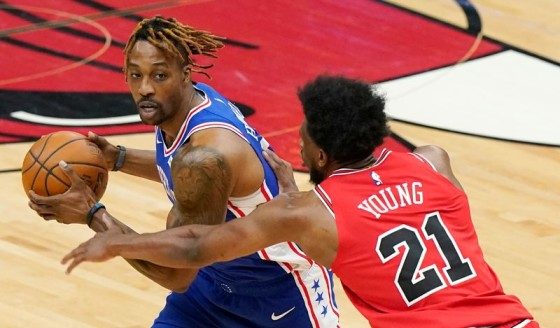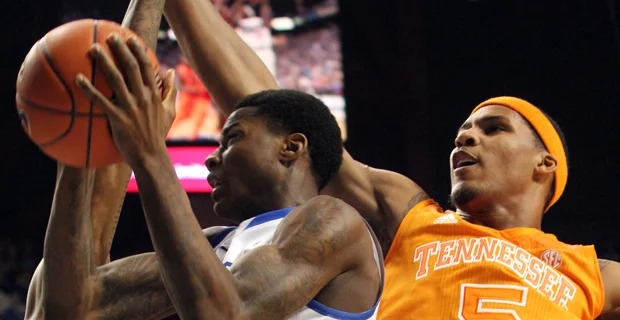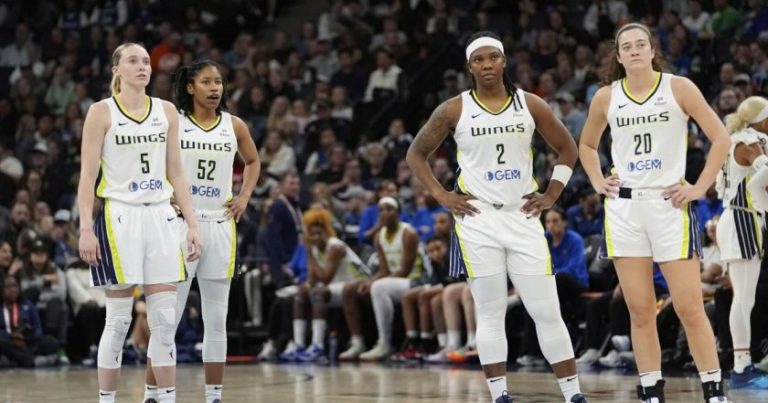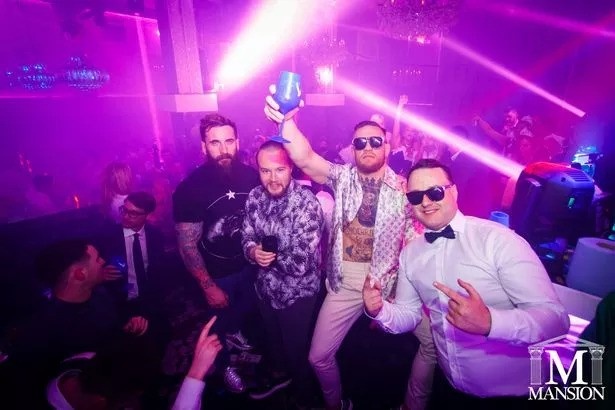
Table of Contents
Key Takeaways
- Dwight Howard advocates for Tony Snell’s NBA return, highlighting Snell’s mental health struggles and NBA experience.
- Snell’s mental health advocacy and pursuit of a 10th NBA season for lifetime health insurance coverage resonate within the basketball community.
- The NBA faces pressure to address mental health support and career longevity for its players.
Introduction
The NBA landscape is as much about the individuals off the court as it is about the stars on it. Recently, former NBA champion Dwight Howard has stepped into the spotlight not for his on-court prowess, but for his advocacy regarding Tony Snell. Snell, a seasoned NBA veteran, is facing uncertainty about his future in the league, and Howard is urging NBA Commissioner Adam Silver to consider Snell’s unique circumstances. This situation brings to the forefront discussions about mental health, career longevity, and the NBA’s responsibility towards its players.
Dwight Howard’s Plea for Tony Snell
Dwight Howard, known for his impactful career with teams like the Orlando Magic and Los Angeles Lakers, has used his platform to support Tony Snell. Howard’s advocacy is centered on Snell’s pursuit of a 10th NBA season, which would secure lifetime health insurance coverage for him and his family. In a recent statement, Howard emphasized Snell’s dedication and contributions to the league, noting that Snell has openly discussed his mental health challenges, particularly his autism diagnosis. This public disclosure has made Snell a symbol of mental health awareness within the NBA, as discussed.
Howard’s appeal to Adam Silver highlights the human element often overshadowed by the game’s competitive nature. He argues that giving Snell another opportunity is not just about basketball; it’s about supporting a player who has been through significant personal struggles and has used his platform to help others. Players like LeBron James often use their voice to advocate for players and social issues.
Tony Snell’s NBA Journey and Mental Health Advocacy
Tony Snell’s journey in the NBA has been marked by resilience and determination. Drafted in 2013, Snell has played for several teams, including the Chicago Bulls, Milwaukee Bucks, and Atlanta Hawks. Over his nine seasons, Snell established himself as a reliable role player, known for his shooting and defensive capabilities. However, his career took on a new dimension when he publicly shared his autism diagnosis. This revelation not only provided insight into Snell’s personal challenges but also sparked important conversations about neurodiversity in sports.
Snell’s willingness to speak openly about his mental health has made him an advocate for others facing similar challenges. By sharing his story, Snell has helped to reduce the stigma surrounding mental health issues, encouraging others to seek help and support. His efforts align with broader NBA initiatives to promote mental health awareness, such as the NBA’s Mind Health program, which aims to provide resources and support for players and staff.
Securing a 10th NBA season is critical for Snell because it unlocks lifetime health insurance, providing long-term security for his family. This pursuit has resonated with many in the NBA community, including current NBA players, who understand the physical and mental toll the sport can take.
The Broader Implications for the NBA
The situation involving Tony Snell raises important questions about the NBA’s responsibility towards its players. While the league has made strides in addressing mental health, there is a growing call for more comprehensive support systems. This includes providing resources for players transitioning out of the league and ensuring access to long-term healthcare. The NBA Players Association, for example, plays a crucial role in advocating for player benefits and addressing issues related to career longevity.
The case also highlights the challenges faced by role players in the NBA. While star players often receive lucrative contracts and endorsement deals, many other players rely on short-term contracts and face uncertainty about their future. The NBA’s competitive landscape means that players must constantly prove their worth, and even a minor injury can derail a career. This constant pressure can take a significant toll on mental health, as reported by Statista.
The NBA has been proactive in addressing mental health issues, implementing programs and policies aimed at supporting players. However, there is always room for improvement. The league could consider expanding its mental health resources, providing more comprehensive career counseling, and offering additional support for players transitioning into retirement. For example, the NFL has similar challenges with players seeking long-term health benefits.
Addressing Career Longevity
One of the significant aspects of Snell’s situation is the discussion around career longevity and the benefits tied to it. Players striving to reach specific milestones for insurance or retirement benefits add another layer to the competitive environment. It pushes the league and teams to consider the broader implications of their decisions beyond just on-court performance.
Conclusion
Dwight Howard’s advocacy for Tony Snell underscores the importance of empathy and support within the NBA community. Snell’s pursuit of a 10th season is not just about basketball; it’s about securing his family’s future and continuing his role as a mental health advocate. The NBA faces a challenge to balance its competitive priorities with its responsibility to support its players, both on and off the court. As the league continues to evolve, it must prioritize the well-being of its players and provide the resources they need to thrive. Let’s see if Commissioner Adam Silver and the NBA can find a way to make a positive impact in Tony Snell’s life.
FAQs
1. Why is Tony Snell seeking a 10th NBA season?
A 10th NBA season would secure lifetime health insurance for Tony Snell and his family, providing crucial long-term security.
2. What is Dwight Howard’s role in Tony Snell’s situation?
Dwight Howard is using his platform to advocate for Tony Snell, urging NBA Commissioner Adam Silver to consider Snell’s contributions and mental health challenges.
3. How is the NBA addressing mental health issues among players?
The NBA has implemented programs like the Mind Health program and encourages players to seek support, but more comprehensive resources and career counseling are needed.




